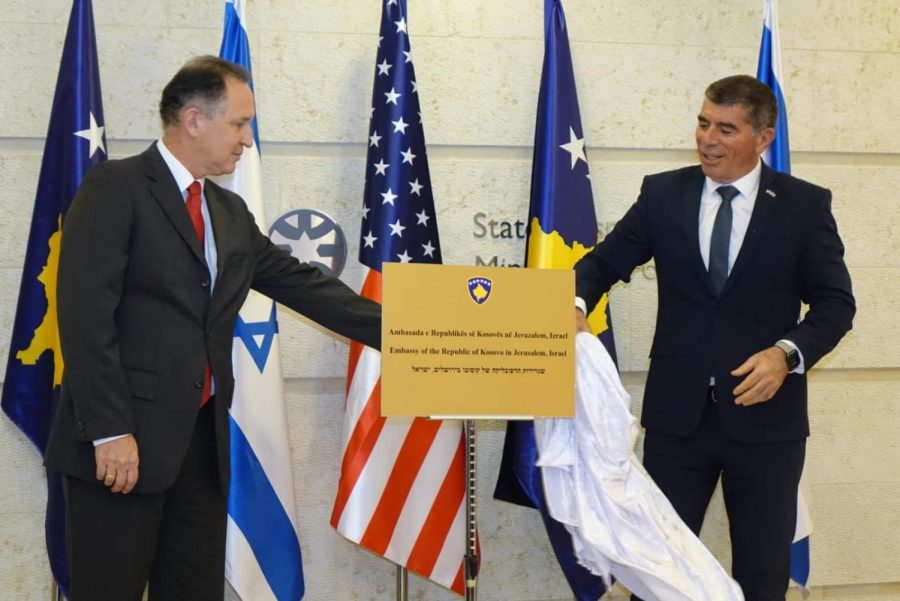Israel and Kosovo Diplomatic Ties Bring Hopes of Peace
Kosovo and Israel have officially established diplomatic ties on Feb. 1 after Kosovo agreed to open its embassy in Jerusalem as the first Muslim-majority and European country. It is the third country to open an embassy in Jerusalem, following the U.S. and Guatemala.
This comes after the U.S., under the Trump administration, hashed out a tripartite economic and peace agreement between Kosovo and Serbia in which Israel announced that it would recognize Kosovo as an independent state if it pledged to establish an embassy in Jerusalem. For years, Israel has stood against the idea of recognizing Kosovo as an independent state, since it would be supporting a separatist ethnic movement. This is comparable to the issues Israel faces with Palestine. The major reason for Israel’s decision tethers into the greater effort of the Abraham Accords, which aim for a stabilization and normalization of diplomatic relations between Israel and Muslim-and Arab-populated countries. Trump was a major arbiter in these peace deals, specifically in the Abraham Accords and in the Kosovo-Serbia deal, so much so that he suggested he deserved a Nobel Peace Prize for influencing so many peace deals.
How will Kosovo and Israel’s relations develop under the Biden Administration? Biden is well-respected in countries such as Kosovo, Bosnia and Herzegovina, which suffered through Serbia’s genocide campaign during the ’90s after the breakup of Yugoslavia under President Slobodan Milošević. Biden has always urged that Serbia recognize its former province as an independent country, with Biden recently pushing for Kosovo to receive membership in the United Nations. Biden is sure to protect and defend the interests of Kosovo as a sovereign country. Still, we must look at the other side of the coin and consider how U.S.-Israel relations will continue into the Biden administration.
Biden has been accused of snubbing Israeli Prime Minister Benjamin Netanyahu by saying Israel should support a two-state solution with Palestine. However, he believes the Israel-Kosovo deal is a great step in recognizing Israel as an independent Jewish state, even though it would cause the Palestinians to lose leverage in achieving this two-state solution. Although Biden has not commented on this issue since being sworn in as president, I am hopeful that he will continue to protect the interests of Israel and Kosovo.
Israel’s move to recognize Kosovo could strain its relationship with Serbia, as it, too, previously vowed to open an embassy in Jerusalem. In spite of tensions between Israel and Serbia, Serbia is strengthening its relations with the U.S. as the country seeks to open another consulate in an American city as well as improving its military and economic ties. Despite Biden’s stance on Serbia recognizing Kosovo as an independent country, Biden and Aleksander Vučić, Serbia’s president, will meet later this week, having previously met each other twice before. Serbia’s willingness to work with the U.S. may impact its strained relations with Russia and China and become an issue, especially on Serbia’s side.
Two small Balkan countries, such as Serbia and Kosovo, could greatly impact the world economy. Both countries are headed toward stronger ties with the U.S. and Israel, a great influence on the Muslim world on Kosovo’s part and an effect on Russia and China’s stances in Eastern Europe. Overall, the major goal of this agreement and establishment of ties between Kosovo and Israel is to bring about a new Middle East and a new world of greater peace and harmony.
Mary Cacevic, FCRH ’23, is an international political economy major from Nyack, N.Y.








































































































































































































